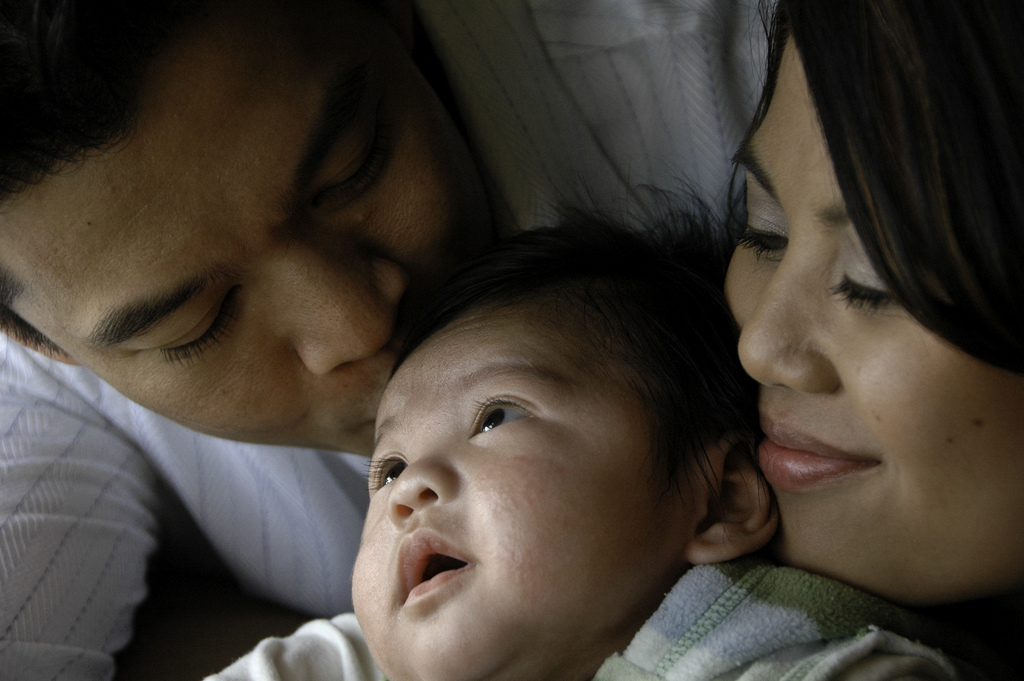If you are a parent who is going through a child custody and/or visitation dispute in Virginia, it would be wise to review the statutory factors that the Judge must consider in making his or her decision. Commonly referred to as the “Best Interest Factors”, Virginia Code Section 20-124.3 is designed to help Judges make a decision that is in the best interest of the minor child who is the subject of the litigation. The Best Interest Factors are fairly self-explanatory and most come as no surprise—relationship between parent and child, physical and mental condition of the parties, history of family abuse, etc. However, it is helpful to review the factors carefully and present evidence on each factor so that the Judge is fully aware of how that factor applies to you as a parent.
Which custody and visitation factors are the most important?
We get asked this question a lot and the simple answer is: ALL OF THEM. The Virginia Code does not present these factors with any sort of hierarchy. However, there are some factors that tend to play a larger role in certain cases.
Family Abuse Cases (factor 9):
- Obviously, in cases where there is a history of family abuse, the Judge is likely to pay close attention to the details surrounding the abuse. Abuse that is proven can often make a tremendous impact on the outcome of the custody/visitation issue.
Serious Physical and/or Mental Illness (factors 1 and 2):
- In cases involving a parent or child with a serious physical/mental illness, the circumstances surrounding the illness will often weigh heavily on a Judge for a variety of reasons—i.e. a child with a severe illness needs more attention than an average child; a parent with a severe illness may be unable to adequately care for their child.
Parenting Role (factor 5):
- “The role that each parent has played and will play in the future, in the upbringing and care of the child”.
- Courts tend to award a lot of credit to the parent who has served as the primary care provider and primary custodian for the child. We believe this is because it is that parent who usually has the strongest grasp of the child’s needs (which intertwines with factor 4). Further, the ability of the parents to serve the child’s needs in the future is particularly important.
Co-Parenting Ability (factor 6):
- “The propensity of each parent to actively support the child’s contact and relationship with the other parent, including whether a parent has unreasonably denied the other parent access to or visitation with the child”.
- As you can imagine, it is very common for the Court to hear evidence that one parent has unreasonably denied the other access to and visitation with the child. In fact, this is one of the most common reasons that parents end up in custody and visitation disputes—an inability to agree on how they should share the time with their child. Courts tend to favor parents who can demonstrate an ability to communicate effectively with the other parent and, more importantly, foster that parent’s relationship with the child.
To sum things up, it is extremely important for you to review all of the statutory factors and consider how they will apply in your case. A skilled family law attorney will be of great assistance in this regard. If you are in need of an experienced and passionate Virginia custody and visitation attorney, call an attorney at BoykoNapier, PLLC at (804) 658-3418, or contact us via email.

